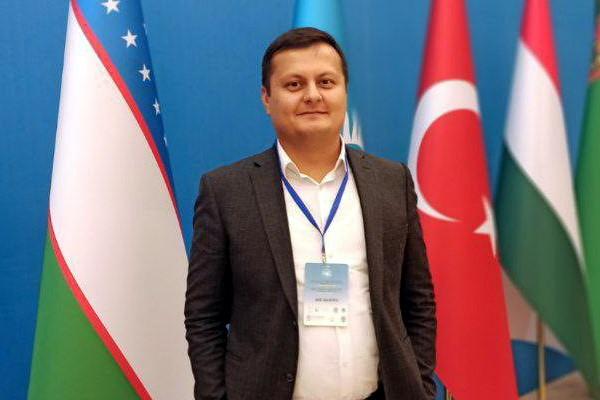
Holding the Economic Forum is one of the effective methods of “checking the clock” on topical global issues in the economic sphere
Tashkent, Uzbekistan (UzDaily.com) -- On 2 March, in Azerbaijan, within the framework of the summit of the Contact Group of the Non-Aligned Movement (the second largest international organization in the world after the UN), President of the Republic of Uzbekistan Shavkat Mirziyoyev put forward an initiative on the eve of the summits of the Non-Aligned Movement to hold Economic Forums.
The proposals of the head of our state within the framework of international and regional discussion platforms traditionally have as their main goal the unification of the efforts of countries and peoples to solve global problems.
In this context, the initiative to hold forums in the economic sphere is a timely response to the growing crisis in the world caused by environmental, epidemiological and geopolitical factors.
Its relevance is due to the need to find effective measures for a series of current and future problematic moments in the development of the world economy. According to the January WEF report “On Global Risks 2023-2033”, in the current decade, all countries of the world, including developed ones, will face a number of economic difficulties.
In this vein, it is necessary to highlight the following of them.
First, high inflation rates. According to some estimates, today 89 countries of the world (75%) still adhere to elements of a tight monetary policy to stabilize the rate of depreciation of their national currencies. According to IMF forecasts, this situation will lead to a decrease in global economic growth in 2023 to 2.7% (in 2022 - 3.2%) and, accordingly, to a technical recession (a decrease in GDP for two quarters in a row) of about 30% of the world economy.
Second, the cost of living and food supply crisis. According to the FAO, today in 70 countries of the world about 200 million people. facing food shortages and malnutrition. According to the Organization’s forecasts, in 2023 this figure could increase by 10% (by 20 million people) against the backdrop of a growing disruption in global supply chains, including in the context of a pandemic, geopolitical instability and ongoing natural disasters.
Third, social tension and polarization. According to the UN, there is a growing number of citizens around the world who are dissatisfied with the actions of their governments, which is manifested in frequent and unruly civil protests. Thus, in the first ten months (from January to October) of 2022, there were more rallies in the world than in the whole of 2021.
According to UN experts, this situation is one of the main catalysts for economic slowdown, increased migration and the demographic crisis.
Fourth, the growing deglobalization in the context of global economic confrontation. Imposed sanctions and emerging trade wars in the world are forcing countries to use broad economic measures (visa bans, exclusion of companies from key markets, reduction of air travel, etc.) to select partner states.
On the one hand, this leads to a "shortening" of supply chains and a reduction in the risks associated with geopolitical and economic shocks. On the other hand, it increases vulnerability to geographically concentrated risks, including labor shortages, civil unrest, pandemics, natural disasters, and rising consumer goods prices.
As a result, the desire for deglobalization will continue to weaken the existing international governance mechanisms designed to reduce global risks.
Based on the foregoing, the countries of the Non-Aligned Movement need additional attention to the economic agenda, building new value chains, inflow of investments and technologies, development of practical cooperation, promotion of joint programs and large projects.
Under these conditions, the holding of the Economic Forum on the eve of the summits of the Non-Aligned Movement will provide an opportunity for 120 countries of the world to “synchronize watches” on topical economic issues of a global scale, as well as to jointly and more effectively solve the tasks set and quickly respond to threats and risks arising in the global economy.
Moreover, close interaction within the framework of this forum will allow countries to exchange experience in all economic sectors, in particular in the field of developing a "smart" or digital economy. Deepening cooperation in this direction will contribute to achieving such positive results in the world economy as the growth of labor productivity, the creation of new jobs, overcoming poverty and social inequality.
Aziz Salikhov, Chief Researcher, ISMI
under the President of the Republic of Uzbekistan